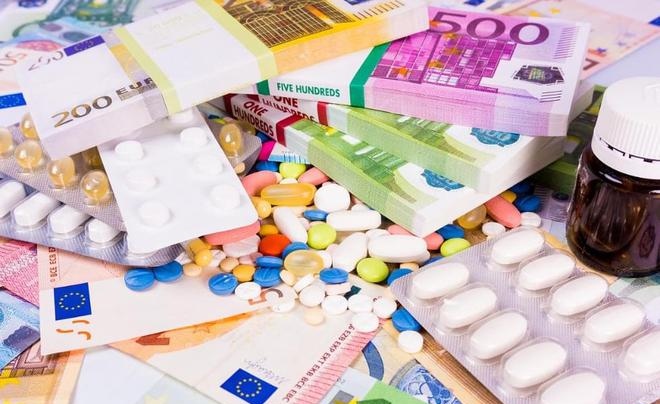 有多少印度制药公司向美国出口药品?(一)
有多少印度制药公司向美国出口药品?(一)
正文翻译

How many Indian drug companies are exporting to the USA?
有多少印度制药公司向美国出口药品?

How many Indian drug companies are exporting to the USA?
有多少印度制药公司向美国出口药品?
评论翻译

How many Indian drug companies are exporting to the USA?
有多少印度制药公司向美国出口药品?

How many Indian drug companies are exporting to the USA?
有多少印度制药公司向美国出口药品?
很赞 1
收藏